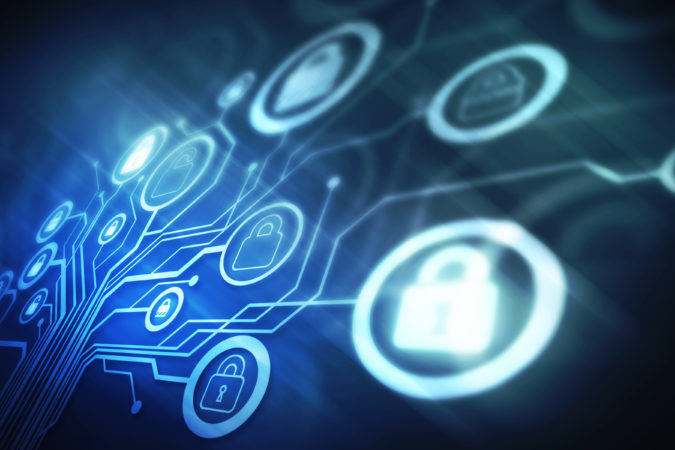
Let’s find what you’re looking for. Search our resources, blog, pages, and any other content on our website.
Network security is an important topic for businesses of all sizes and in all industries. Cyber criminals are increasing their attacks at an astonishing rate.
For example, there was a 105% global increase in ransomware attacks in 2021, and a 104% increase in North America.1 These attacks weren’t just targeted at enterprise companies. Small and medium businesses are attractive targets2 because they typically have less robust protection.
One reason why cyber attacks are increasing is the explosion in the number of businesses supporting remote workers. Remote workers must access sensitive business applications using a company’s network. Without the right protections, these attacks will succeed more often than not.
Network security is important because it protects your network from unauthorized access, which can result in misuse, data theft, ransomware attacks, and more. Network security consists of a set of tools that you can use to protect your devices, users, and applications from attacks that start within your network.
Since cyber criminals are getting smarter and more active, network security should consist of several layers of technology defenses at network end points and within the network. End points include computers in your office, an employee’s computer being used at home, or a mobile phone your employee uses on the road. Some companies also allow customers to access their systems.
Should a hacker get past your endpoint security, you need to add layers of security that will protect against granting free access to your systems and block attempts to carry out attacks.
Beyond hardware and software, you’ll need to consider physical security for all your devices and systems, along with training your employees to understand how they can avoid doing things that would make it easy for a hacker to mount a cyber attack.
Network security helps to ensure you have reliable access to your network and that your network is operating efficiently. It also helps you protect your data and avoid cyber attacks. Effective network security will save your company from the disruption of a cyber attack and the costs associated with recovering from one.
In our digital world, employees and customers expect consistent access to the technology that keeps your business running. Network security can help you securely provide the services your operations require and protect your reputation as a viable, growth-minded business.
Your goal is to eliminate every vulnerability that your systems could present. These key components will assist you in reaching that goal.
Firewalls are designed to monitor traffic coming into and out of your network and use predefined rules to either let the traffic pass or block it if it is a threat.
Intrusion prevention software works with your firewalls using more sophisticated capabilities in terms of function and the rules they can use. Intrusion prevention can be programmed to identify patterns in traffic that have the signature of a known virus or an unusual pattern that could indicate a problem such as a distributed denial of service attack.
When intrusion prevention software identifies a suspicious traffic pattern it can send notifications, reprogram the firewall to avoid similar problems, remove suspicious attachments to email, and more.
A VPN provides online privacy via a private network you can use on an internet connection. Remote workers can use a VPN to connect to your servers. It establishes a secure and encrypted connection that hides your IP address, and no one can see the files you download or the links you visit.
Access control is a critical component of network security and it’s especially challenging because of the human factor involved. Access control is implemented through things like passwords, personal identification numbers, and biometric scans. Policies can also be set to ensure only specific individuals have access to specific data on the network.
However, people can use insecure passwords if there are no requirements in place. Sometimes they use the same password for a number of systems, or they use a third party application like Facebook to log in to a variety of systems. It’s important that you educate your users about how they can contribute to data safety by using more effective cyber security practices.
This type of software can spot signatures in behavior that identify it as a virus or malware. It can also quarantine the file in question and then run it in a protected environment. If it proves harmless, it is released, but if it is malicious, the software will delete the file.
Software tools in this category are built to protect data from breaches or unauthorized destruction. Data loss prevention software monitors network activity to ensure that the activity is authorized.
Many people in the business world are using mobile devices like laptop computers. Mobile device security focuses on ensuring that all access from mobile devices is authorized.
To do a good job of protecting your company against cyber threats, you need high level cyber security expertise. Often companies don’t have the resources to hire full-time cyber security experts to help them plan, implement, and manage their security. That’s why so many companies choose to work with a partner like Access One that can provide fully managed IT security services, including:
If you need to establish or improve your company’s network security, don’t hesitate to contact the experts at Access One to discuss your requirements.
Sources